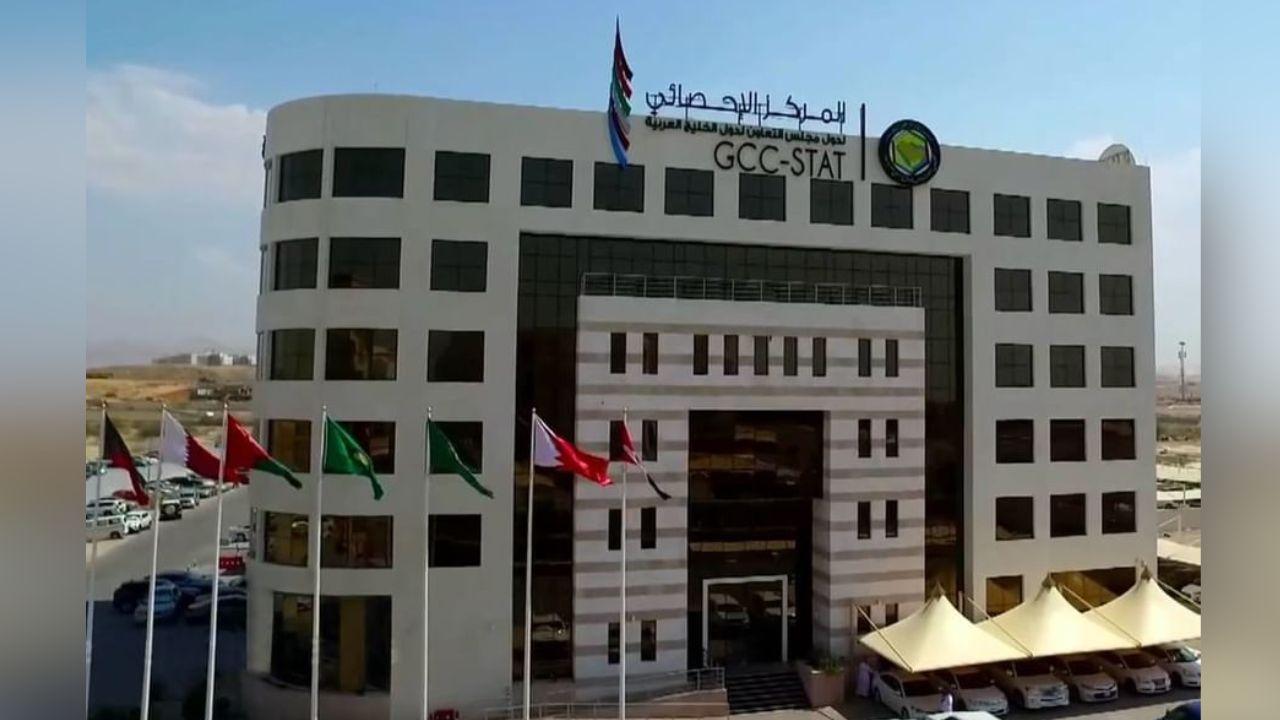
Post by : Mariam Al-Faris
Photo: WAM
The Gulf Cooperation Council (GCC) countries have shown steady economic growth. According to the latest report by the Statistical Centre for the Cooperation Council for the Arab Countries of the Gulf (GCC-Stat), the total size of the economy (called nominal Gross Domestic Product or GDP) reached US$587.8 billion by the end of the fourth quarter of 2024.
This amount is more than the US$579 billion recorded at the end of the fourth quarter of 2023. This means the GCC countries saw a 1.5% increase in their economy over one year. This growth is a sign that the Gulf countries are moving forward, especially in areas that do not depend on oil.
Less Focus on Oil, More on Other Sectors
The data from GCC-Stat shows that the non-oil sectors played a much bigger role in the region's economy than oil. By the end of 2024, non-oil activities made up 77.9% of the total economy, while oil-related activities only made up 22.1%.
This shows a big change in the way Gulf countries are building their economies. They are working hard to reduce their dependence on oil and are putting more effort into building up industries, services, and trade.
Manufacturing Industry Helps Strongly
One of the strongest parts of the non-oil economy in the GCC countries is manufacturing. This includes making things like machinery, food products, and other goods in factories. The manufacturing sector made up 12.5% of the total GDP by the end of 2024.
This means that factories and production plants are becoming more important in Gulf economies. Many governments in the region are encouraging the growth of local industries to create jobs and reduce imports.
Retail and Wholesale Trade Is Growing
Another important part of the GCC economy is wholesale and retail trade. This includes selling goods in stores, supermarkets, and large markets. It also includes the trading of goods in bulk. This sector made up 9.9% of the total GDP.
With more people shopping and businesses buying and selling goods across the Gulf region, trade has become a strong part of the economy. It helps create jobs and supports other industries like transport and warehousing.
Construction Sector Plays a Major Role
The construction sector also played a big part in the GCC economy. It contributed 8.3% to the GDP. This includes building houses, office towers, roads, bridges, and other infrastructure.
Many countries in the GCC are investing in big projects like new cities, transport systems, and tourist attractions. These projects not only help the economy grow but also improve life for the people living in these countries.
Government and Defence Support the Economy
The public administration and defence sector made up 7.5% of the economy. This includes the work done by government offices, police, and military services.
Although this sector does not directly make money like businesses do, it is still an important part of the economy. It helps keep the country running smoothly and safely, which is necessary for all other sectors to grow.
Finance and Insurance Help with Growth
The finance and insurance sector also supported the growth of the economy. It made up 7% of the total GDP. This includes banks, investment firms, and insurance companies.
A strong finance sector helps people and businesses manage their money safely. It also allows governments and companies to borrow money to build more infrastructure and invest in the future.
Real Estate Still Important
The real estate sector, which includes the buying, selling, and renting of houses, apartments, and commercial spaces, made up 5.7% of the economy.
Many people are investing in property, and this helps drive the economy forward. The GCC countries are also developing more housing projects and office spaces, which create more jobs and business opportunities.
Other Non-Oil Sectors Also Contribute
Apart from the above sectors, other non-oil activities made a combined contribution of 27% to the GDP. These activities include education, healthcare, transport, tourism, and professional services.
This wide range of sectors shows that the Gulf countries are building strong and diverse economies. This strategy helps protect them in times when oil prices go down or demand for oil decreases around the world.
What This Growth Means
The 1.5% GDP growth may seem small, but it is a positive sign in a world where many economies are struggling. It means that the Gulf countries are moving in the right direction and their plans to build non-oil sectors are working.
This growth also means more job opportunities, better public services, and improved living standards for the people living in the region.
The economy of the Gulf Cooperation Council (GCC) countries grew to US$587.8 billion by late 2024, showing a 1.5% increase from the previous year. Most of this growth came from non-oil sectors like manufacturing, retail, construction, public services, finance, and real estate.
This shift toward non-oil industries is a clear strategy by GCC nations to prepare for a future where they are less dependent on oil and have diverse sources of income to keep their economies stable and growing.





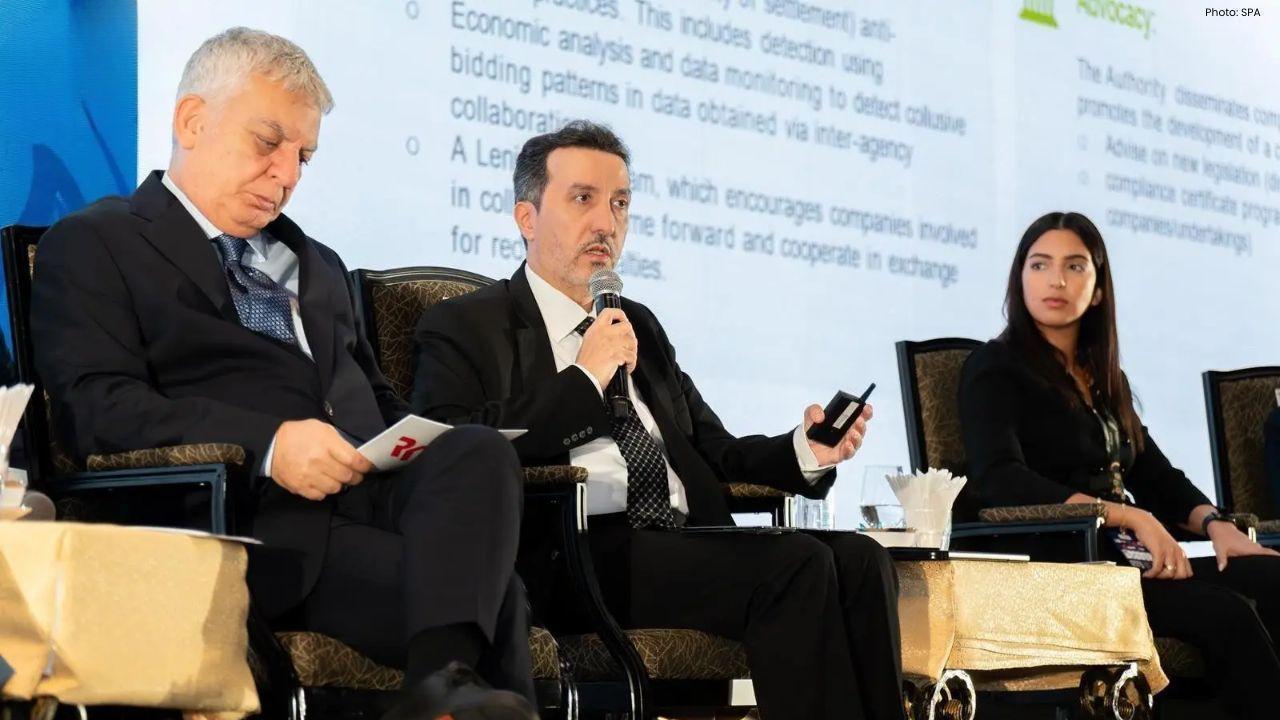
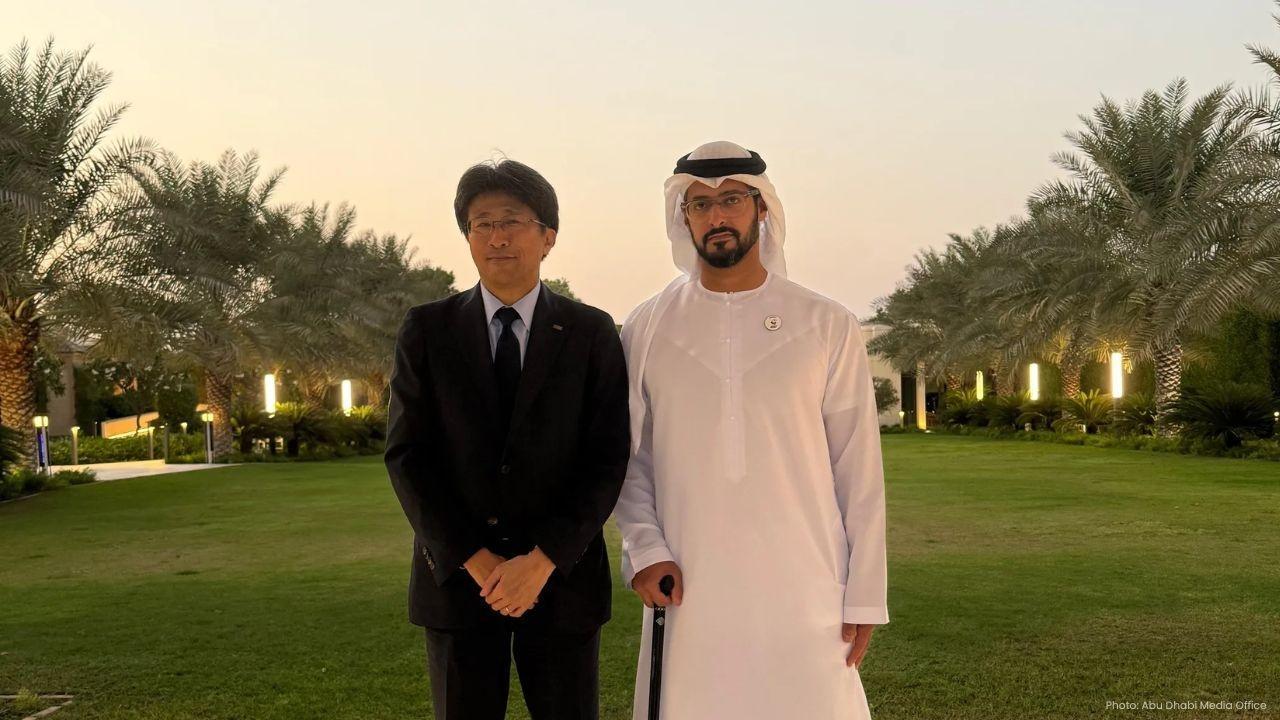
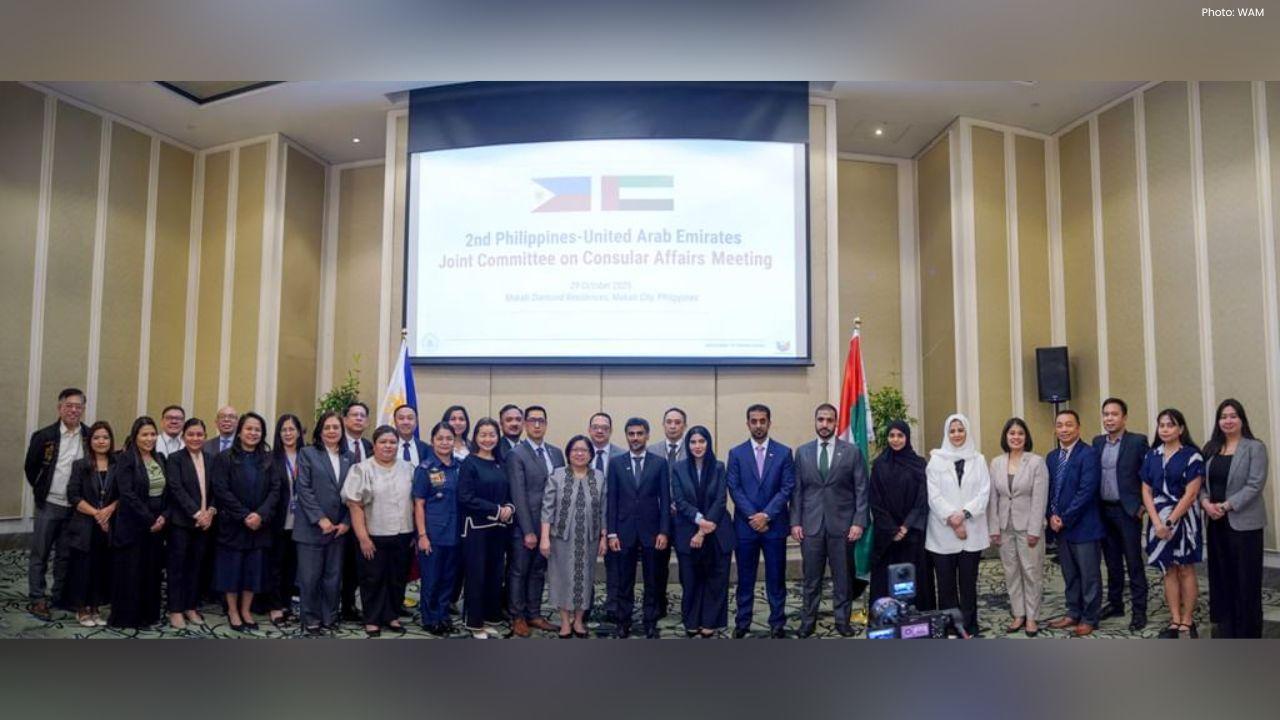


Dharmendra Admitted to Hospital After Breathing Issue
Veteran actor Dharmendra has been admitted to the ICU after facing breathing issues. His condition i

Hazlewood Stars As Australia Crush India In Second T20
Josh Hazlewood’s fiery 3-13 spell helped Australia bowl out India for 125 and chase the target easil
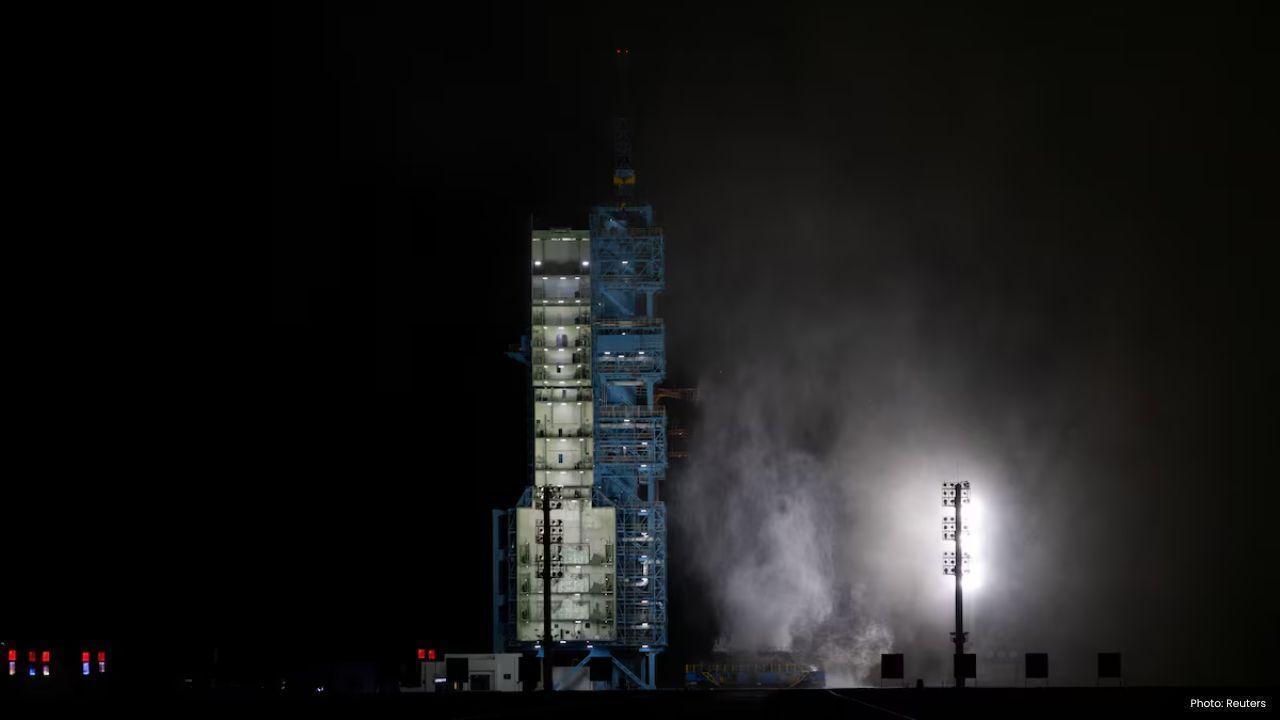
China Launches Shenzhou-21 For Six-Month Space Mission
China launched the Shenzhou-21 mission with three astronauts to its space station to conduct biologi

India, Australia Set for Thrilling 2nd T20 Clash in Melbourne
India and Australia face off in the 2nd T20 at the MCG, with both teams looking to take the lead in

Central Vietnam Floods Leave 13 Dead, Hoi An Cleans Up
Severe floods in central Vietnam killed 13 and left 11 missing. Hoi An begins cleanup after record r

Rodrigues’ Century Leads India Past Australia to World Cup Final
Jemimah Rodrigues shares her emotional battle with anxiety before scoring a match-winning 127* to le